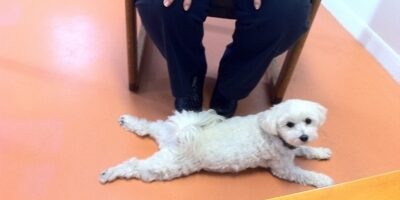Vital Animal Blog
Posts
Enjoy our articles on any natural health issues you wish to explore.
Every article and podcast episode has materials that help you go deeper
Take advantage of our content and resources.
Or CLICK HERE to listen on your favorite platform:
Enter description text here. Lorem ipsum dolor sit amet, consectetur adipiscing. Quo incidunt ullamco.
I believe Vital Animals
can change the world
One shiny, well-balanced individual at a time.
It all starts with you, the wise animal caregiver, and the health choices you make for the animals in your care.
And that's why this site is here. Care to join us? We're a Vital Animal Pack.







